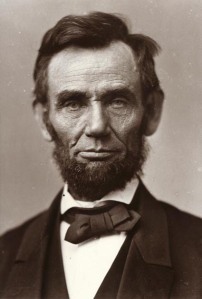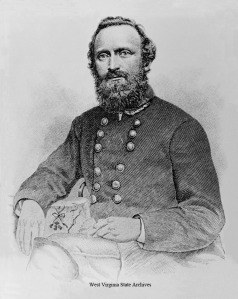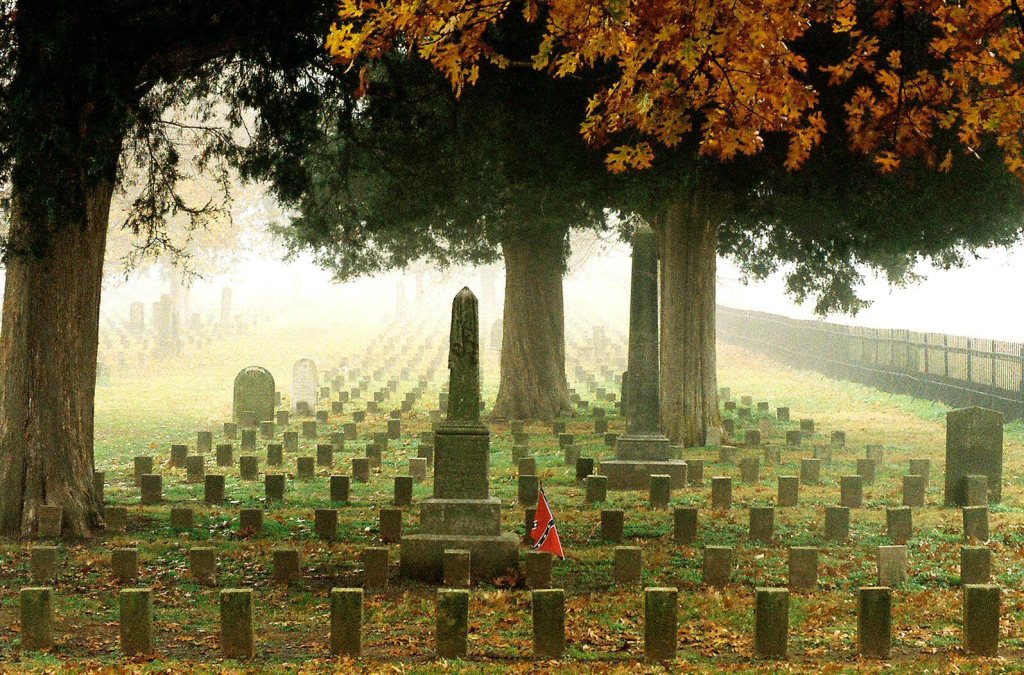ON THIS MEMORIAL DAY WE WILL TAKE A SLIGHTLY DIFFERENT APPROACH TO THE LATE UNPLEASANTNESS. INSTEAD OF A NARRATIVE ESSAY WE WILL INSTEAD COMMEMORATE THE WAR DEAD IN PICTURES AND QUOTES. LET ME KNOW IF YOU FIND THIS OF ANY WORTH.

“From these honored dead we take increased devotion to that cause for which they here gave the last full measure of devotion; that we here highly resolve that these dead shall not have died in vain; that this nation, under God, shall have a new birth of freedom, and that government of the people, by the people, for the people, shall not perish from the earth.” —-Abraham Lincoln, Gettysburg Address.

“War loses a great deal of romance after a soldier has seen his first battle. I have a more vivid recollection of the first than the last one I was in. It is a classical maxim that it is sweet and becoming to die for one’s country; but whoever has seen the horrors of a battle-field feels that it is far sweeter to live for it.” — Colonel John Singleton Mosby

“Is it not strange that the phantoms of a blood-stained period have so airy a grace and look with so tender eyes?—that I recall with difficulty the danger and death and horrors of the time, and without effort all that was gracious and picturesque?” —Ambrose Gwinnett Bierce

“Throughout the broad extent of country over which you have marched, by your respect for the rights and the property of citizens, you have shown that you were soldiers—not only to defend, but able and willing both to defend and protect.” —Stonewall Jackson’s farewell to the First Brigade

“They were honest and courageous foemen, having little in common with the political madmen who persuaded them to their doom and the literary bearers of false witness in the aftertime. They did not live through the period of honorable strife into the period of vilification—did not pass from the iron age to the brazen—from the era of the sword to that of the tongue and pen. Among them is no member of the Southern Historical Society. Their valor was not the fury of the non-combatant; they have no voice in the thunder of the civilians and the shouting. Not by them are impaired the dignity and infinite pathos of the Lost Cause. Give them, these blameless gentlemen, their rightful part in all the pomp that fills the circuit of the summer hills.”
—Ambrose Bierce, A Bivouac of the Dead (1903)
